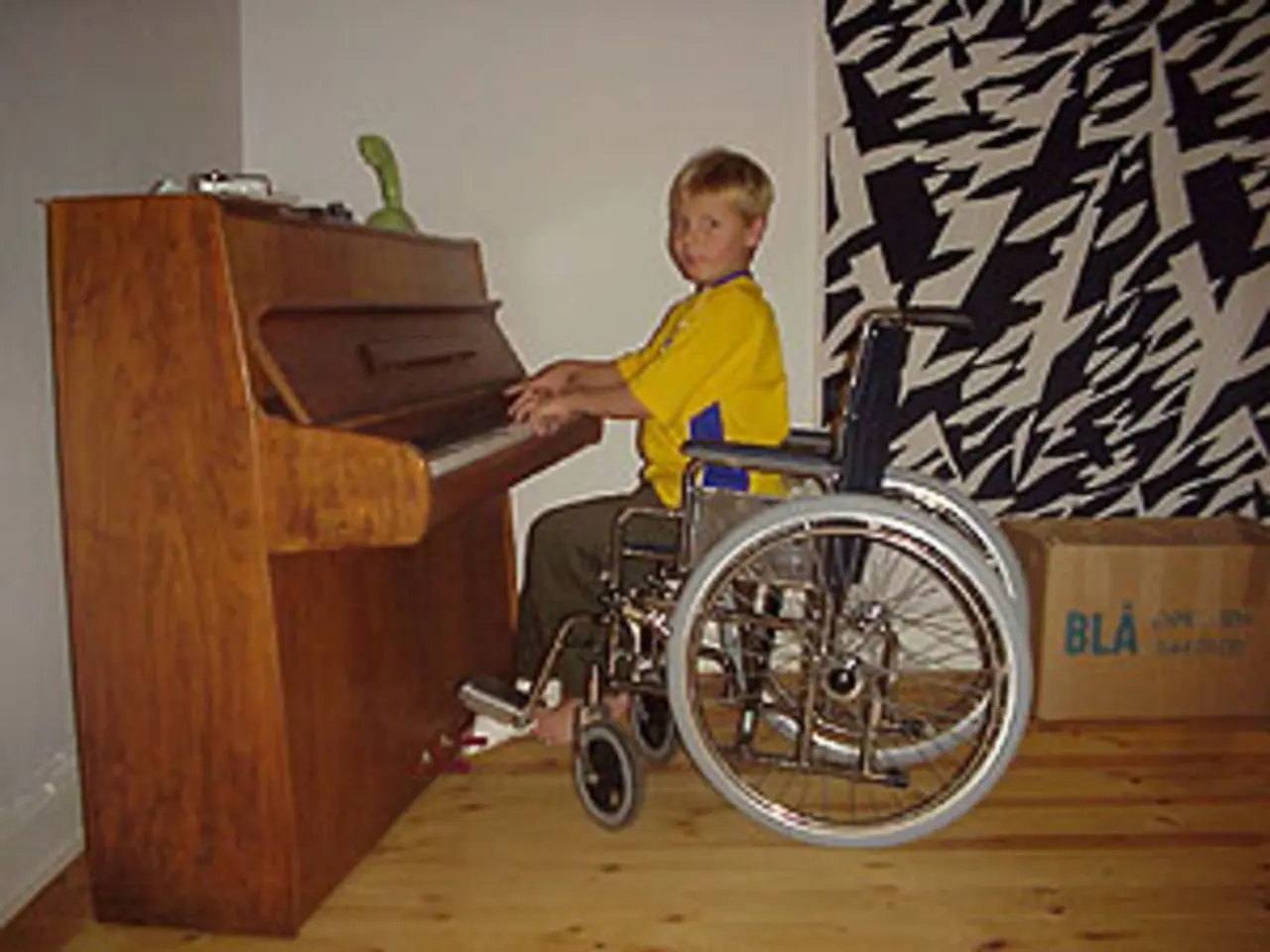Autism Study: Common Intervention Elements Key to Toddler Progress
A recent study, spanning from 2012 to 2019, has shed light on the effects of different interventions for toddlers with autism spectrum disorder (ASD). Conducted by research teams at prestigious institutions, the study involved 87 toddlers aged 12 to 30 months and compared various treatment plans.
The study assessed children's developmental skills and autism severity at enrollment and at 6- and 12-month intervals. It found that after one year of direct intervention, including parental coaching, there were negligible overall effects on language development, nonverbal abilities, or autism symptom severity. This similarity in outcomes was attributed to shared aspects in ASD development, such as early diagnosis influencing social and communicative development.
The study compared two prominent intervention models: Early Intensive Behavioral Intervention (EIBI) and Early Start Denver Model (ESDM). These were delivered for either 15 or 25 hours per week. However, the study found that the intervention style and the number of hours had no significant effects on a child's progress in language, nonverbal abilities, and autism severity over time. All four groups of children made significant gains in these areas over the two-year study period.
The study suggests that the common elements of evidence-based interventions, such as ongoing one-on-one caregiver coaching, may be more important than the specific type or number of hours of therapy. This finding could have significant implications for the future of ASD treatment, potentially simplifying and standardizing intervention plans for toddlers with ASD.






